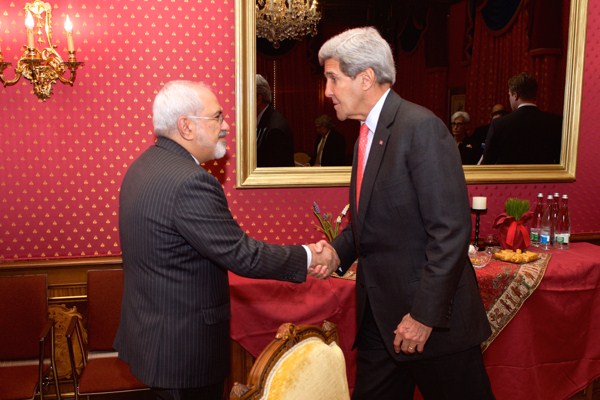Will there be a draft of a final agreement to end the standoff over Iran’s nuclear program by the self-imposed deadline at the end of this month? Moreover, is such an agreement a good idea? How one answers these questions depends on one’s perception and tolerance of risk. Is it better to take a chance on what might turn out to be a flawed agreement, or to walk away from the talks even if this increases the chance of military action? For both Iran and the United States, it depends upon which of the following scenarios is seen as the most likely outcome.
U.S. President Barack Obama’s administration seems to embrace the most optimistic appraisal of the situation: that an agreement that terminates Iran’s progress toward weaponization but allows Tehran to retain a civilian nuclear program, with sufficient safeguards to prevent cheating, is possible. Once the deal is made, sanctions could be rolled back, allowing for Iran to be reintegrated into the international community. Moreover, a deal could allow Tehran’s presumed latent pro-Western leanings to rise to the fore as traditional economic ties, especially to Europe, could be restored. The tensions between Iran and the West, which have allowed the country’s hardliners to retain influence, would disappear, creating conditions for further political and economic reforms to unfold.
A more negative assessment argues that the deal that seems to be emerging is too risky. The fear is that it would leave Iran with much of its technological base intact, would do nothing to address the country’s progress in acquiring missile technology, and would not provide any guarantee that measures could be taken to stop Iran’s acquisition of a weapon if it were to disavow the agreement.

